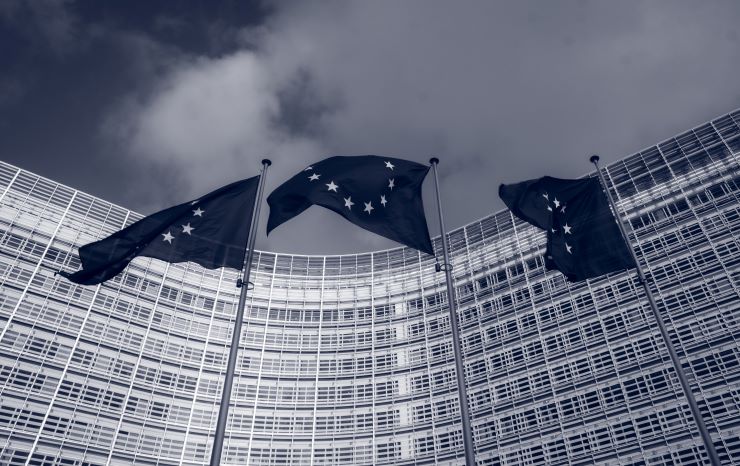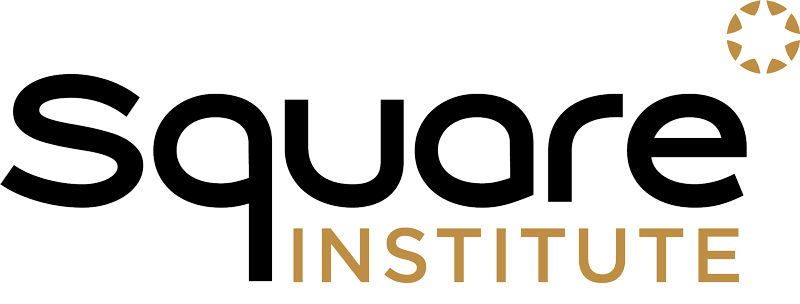
AGEFI Luxembourg
– le 16 novembre 2022
These commercial and financial penalties are broad and affects numerous areas, such as the energy, defence and the transport sectors.
Even though those measures were specifically chosen to soften the blow on the western part of the world, economic repercussions are still felt across the world, and more specifically from Europe to Luxembourg. Indeed, even though these economic constraints were specifically chosen to sanction Russia and Belarus, while minimizing their impacts elsewhere on the globe, Europe was bound to also be affected as it is so tightly intertwined with the rest of the world economy.
Obviously, war has caused a massive wave of immigration, in which more than 5 million refugees from Ukraine have been recorded across Europe. In that regard, Luxembourg has welcomed close to 5 thousand refugees so far.
The impact on certain sectors of the European and Luxembourg economy has also become clear.
“It is not yet possible to estimate the extent to which the consequences of the war will affect the Luxembourg economy as a whole. But we will certainly face important economic and social challenges. We will work with the national authorities to mitigate the consequences of the war for Luxembourg companies,” says Jean-Paul Olinger, director of the Union des Entreprises Luxembourgeoises (UEL).
The general uncertainty about future developments could result in lower investment and consumption in Luxembourg. “The economy could thus be slowed down”. At the same time, energy prices, inflation and the associated costs for companies are rising.
“And yet, the world economy is far from having recovered from the consequences of the coronavirus pandemic. Many companies are still suffering heavily from the aftermath of the pandemic. According to Finance Minister Franz Fayot, 20 Luxembourg companies are currently active in Russia — four have their own subsidiary there. Since 2014, the EU has gradually imposed restrictive measures on Russia in reaction to the illegal annexation of Crimea. This has had an impact on trade, for example in financial services. “These declined sharply from 2014 onwards,” Carlo Thelen continues. “Representatives of the financial centre say that the possible effects are manageable. We cannot yet assess every indirect effect, but overall, the direct effects are relatively limited.”
From a purely economic point of view, the war leads to instability and volatility on the markets. It could hit some Luxembourgish companies that are mainly dependent on raw materials , but from a macroeconomic point of view, it is rather feared that energy will become even more expensive.
Inflation and the resulting indexation bands this year are also a concern for companies. After all, Russia is Luxembourg’s second largest supplier of natural gas (7,868.7 terajoules) behind Norway.
Two strong sectors of the Luxembourg economy would also be particularly affected: finance and heavy industry, analyses the Chamber of Commerce for L’essentiel. Since the first sanctions in 2014, the export of financial services between the Grand Duchy and Russia has been divided by three, falling from 104 million euros per year (2013) to 35 million (2020).
“The fear is that this trade will decrease even more,” explains Cindy Tereba, director of international relations. The fund industry and asset management, two important poles of the financial centre, would be the first to be affected. All of this will be accompanied by “an upheaval of the world’s stock markets”.
Luxembourg industry also risks losing market share. Chemicals, plastics, wood pulp, base metals, electrical appliances, transport equipment, Luxembourg exported 407 million euros worth of goods to Russia in 2020 and 80 million euros worth of goods to Ukraine, mainly base metals and electrical appliances. But according to experts, “companies have been preparing themselves”, considering Russia and Ukraine as “risk markets” since 2013. In addition to resilience, the big names in local industry have notably diversified their activities.
For example, ArcelorMittal said it “has prepared contingency plans to protect staff and, where possible, assets”. The steel giant added it was “very concerned” about the situation in Ukraine and hoped “that peace and stability will be maintained” but was not suffering “any disruption” to its operations there at the moment. “Production and shipments are continuing normally,” the group concluded.
It is also worth considering that ESG is currently going through a significant test, due to the reality of the market. Indeed, the energy sector had been already outperforming since early 2022 due to global demand, yet the current concern over Russia’s ability to supply energy is boosting prices and demand for oil companies even further.
In that regard, key figures such as Elon Musk or the asset manager BlackRock did state that the context has indeed changed, and a focus should be made once again on fossil energy and a viable source alternative to Russia and Ukraine.
Moreover, Investors sensitive to ESG matters used to turn away from the defence sector, but upon seeing the drastic turnaround of many countries, such as Germany, regarding their military Budget, investors could ultimately include once again investments related to defence contractors.
Responsible investors are now facing a cornelian dilemma, as staying away from investments related to non-renewal energy currently keep them from making significant profits.
With hopes of restoring economic stability, eyes are turned toward the European Central Bank, which has lately raised rates by 75 basis points, but has also stated that rates should be tightened even further down the road. Unfortunately, the stalemate of the conflict in Ukraine suggests a prolonged downturn in economic activity combined with high inflation. A scenario highly feared which will result in an overall reduction of investments and an increase of unemployment.
Conclusion
War once again on the European continent have severely impacted the global economy. On top of the human disaster, economic impacts are quite significant, with many sectors such as Finance, Energy, transport and Défense being severely affected.
After being boosted by the COVID-19 outbreak, ESG sector is now facing a setback. It is probable that positions related to matters such as energy and defence will be more nuanced in the future.
The main concern currently is to see the world entering a long period of recession, combined with high inflation. The key to exit this vicious circle seem to be in the hand of world leaders and their capacity to solve the human crisis of Ukraine through the delivery of medical aids, food and accommodation. And to increase supply for food and energy commodities through new channels, to reduce dependency to fossil fuels, and to continue the efforts made to contain Covid-19.
By Nadane Chanemougame, Senior Consultant and Elliot Bontemps, Senior Consultant Square Management.

